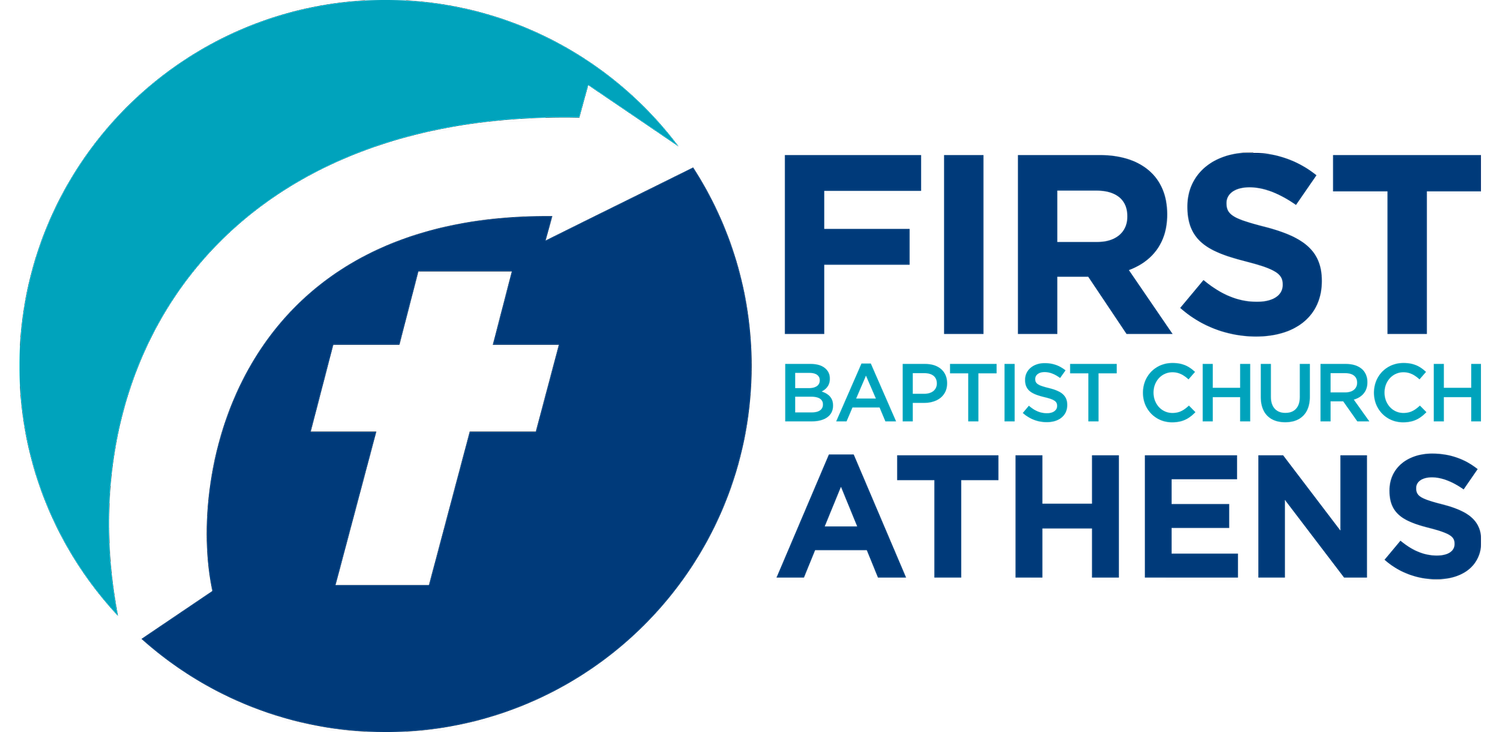Read Psalm 143
Have you ever been to a “Ghost town?” Where? Describe it.
Describe the most hopeless place you have ever visited.
Describe a phrase or incident in the Bible that is hard for you to understand because it does not seem moral or ethical.
In what ways are our times like the times of David? In what ways are they different?
Look at the chart. (Below) Describe your experience with the Covid responses.
How did David feel when his son Absolom turned against him and tried to overthrow him?
As David is fleeing he is confronted by one of the last remaining family members of Saul. Why does David not have him killed? 2 Sam 16:11-12.
How is David’s spiritual predicament mirrored in the physical environment?
Read Deuteronomy 11:11. “But the land you are crossing the Jordan to take possession of is a land of mountains and valleys that drinks rain from heaven.” How is the land of Israel different from Egypt? How does this translate into talking about faith?
Why do the people of the Arctic have so many words for ice/snow and the Jewish people so many words for parched land?
Why is it important to get ready for difficult situations BEFORE you get into them?
What is a difficult or dangerous situation you were in that you were ready for? That you were not ready for?
Which of these God qualities helps you the most in a difficult situation? God is listening - God is faithful - God is righteous - God will give clarity
Read Matthew 18:21-35.
Why do we insist on justice for other people and mercy for ourselves?
React to Paul Dunk’s statement, I'm really good at downplaying my sin and simultaneously inflating yours.”
Why is David’s admission here different than in Psalm 51? (Hint, what caused David to make a confession to God?)
Describe the difference between a real enemy as opposed to an irritant? Have you had an enemy?
How do you feel about praying for your enemies total destruction?
Jesus says in Matthew 23 - ““you hypocrites! child of hell You blind fools! You blind guides! full of greed and self-indulgence. whitewashed tombs, full of hypocrisy and wickedness. You snakes! You brood of vipers!” How do you feel about Jesus saying these things? Would you?Should you?
React to Dennis Prager’s statement “I believe that . . . the Christian doctrine of forgiveness has blunted Christian anger at those who oppress them; the notion that one should pray for one’s enemies has been taken to mean ‘pray for them, do not fight them.’”
Simon Wiesentahl’s book The Sunflower is subtitled “On the Possibilities and Limits of Forgiveness.” How does Wiesentahl being a holocost survivor give him a different insight into this question?
Do you think Black people in our country have wounds from racism? How do you think they might feel about a psalm like this?
React to Walter Brueggemann: “Let us begin with two acts of realism. First, the yearning for vengeance is there in the Psalms. . . And the counterpart, a second act of realism, is that the yearning for vengeance is here, among us and within us and with power.”
In what way does “Cheap Grace” minimize the cross?
Is Rachel Denholland right when she says to her abuser “I pray you experience the soul crushing weight of guilt so you may someday experience true repentance and true forgiveness from God.” Should we pray for such things?
Why is staying in the Parched Land a bad idea?
Read Psalm 143:8. What can we do everyday that can help us survive?

